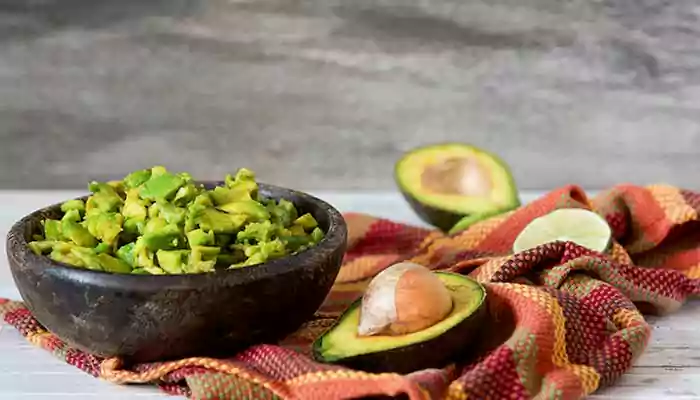Enjoy your avocado toast for as long as you can because the most beloved food of the millennials will soon be going the way of the dodo — and it will not be alone.
Climate change is adversely impacting the world's food supply in numerous ways. Unstable weather patterns and fluctuating temperatures are making it more difficult for various crops to thrive. Here are some of your favorite foods that might go extinct owing to climate change and its impact on our planet.
Soybeans
An international team of scientists developed a computer simulation that enabled them to determine how various food crops responded to peaking temperatures — and their reports were grim. The report posits that if our planet does not experience notable reductions in emissions, the production of soybean crops could drop by 40 percent by 2100.
Avocados
The millennial-trend fruit has stirred controversy as the world has started questioning its environmental impact. Avocados are fussy plants and require conditions that are not too cold or hot for growth. Each fruit requires over 250 liters of water - making them highly susceptible to climate change. Varying temperatures and water shortages are a major threat to avocado and scientists have speculated that the fruit could go extinct by 2050.
Chocolate
Cacao can be grown only in a stringent set of requirements. It can only grow within 20° north and south of the equator. If the humidity is not too high and the soil is not rich enough for its growth, the plants will not prosper. Numerous cacao plantations are in regions experiencing average volatile temperatures that are not suitable for their growth. Research conducted by the International Center for Tropical Agriculture reported that by 2030, farmers might experience a significant decrease in cocoa production.
Bananas
Grown in 135 countries - the regions suitable for producing bananas are expected to increase by nearly 50 percent by 2070. So you must be wondering what is this bright yellow, bendy fruit doing on this list. As bananas are grown in tropical environments, the rise in global temperatures might offer more land capable of cultivating bananas. However, the shortage of water supply in those areas might undo any supposed benefit to banana cultivators. Water shortage and increasing temperatures might give rise to Black Sigatoka and Panama disease (a fungal infection causing the fruit to perish from dehydration).
Strawberries
The dramatic rise in temperatures is altering the way crops are cultivated around the world. For instance, the growth of strawberries relies on cooler weather for yielding the ideal harvest conditions and is getting adversely affected owing to climate change. When strawberry plants are exposed to warmer climates, the flowering process gets shortened, giving cultivators less of a robust yield.
If the supposed loss of your favorite foods and flavors worries you, join hands with the environmentalists and combat climate change in whatever ways possible.


